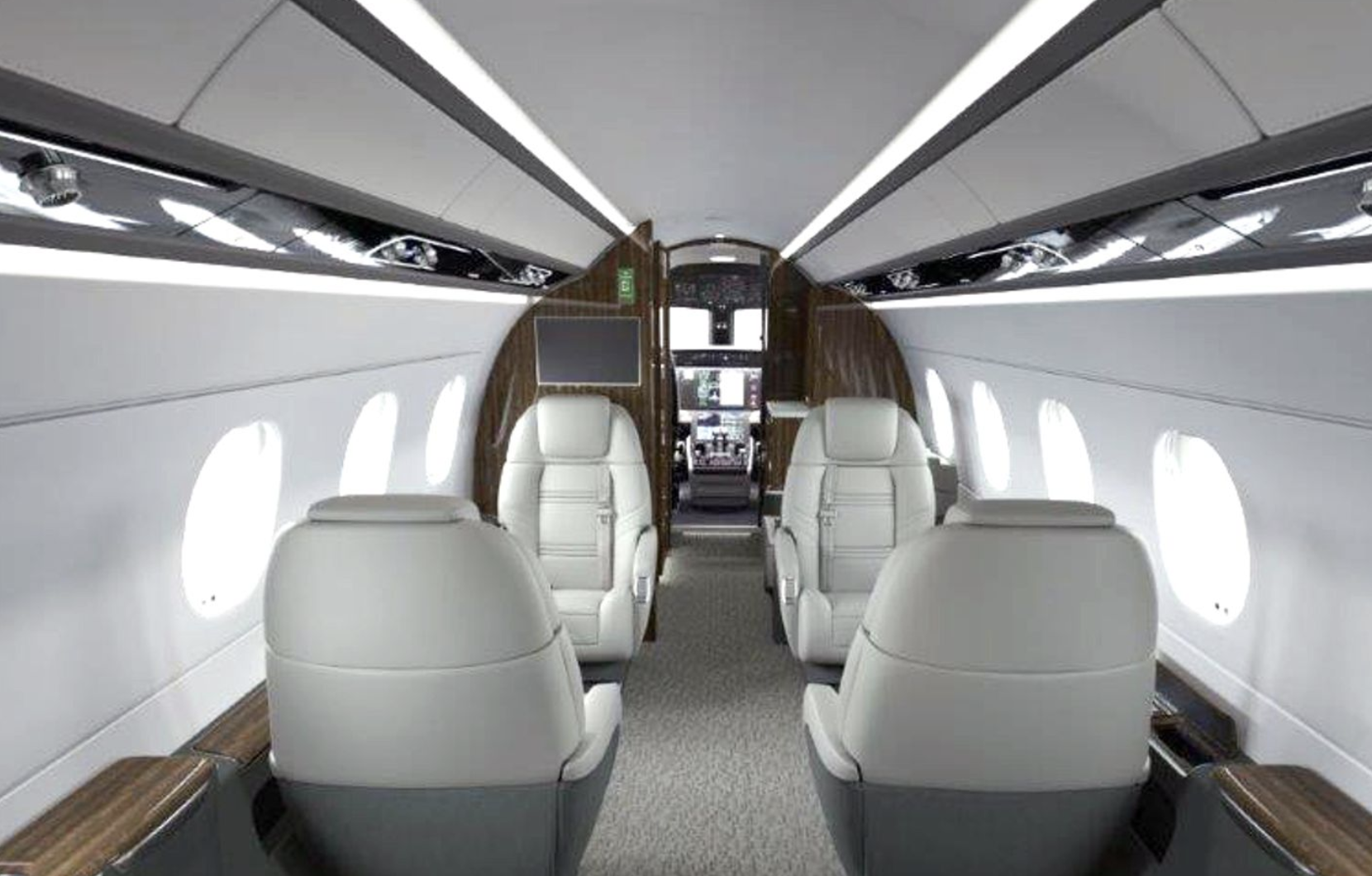Large commercial private jet operators that are focused and provide ROI to investors will continue to see strong investment interest, according to the Flexjet boss
Kenn Ricci is bullish on large fleet private jet operators; he told an audience of industry executives at Corporate Jet Investor in Miami earlier this month.
Ricci also leads Directional Aviation and will be Chairman of Flexjet, Inc., which includes Flexjet, Sentient Jet, FXAir, PrivateFly, and Constant Aviation, among others, when it goes public next year via a SPAC merger.
It is one of the world’s largest commercial private jet fleet operators.
Still, he says there will be bumps and course corrections ahead, largely driven by private equity’s increasingly big role in business aviation.
Private equity and private jets
There have been 92 private equity investments in aircraft operating companies since 2017, not including acquisitions of FBO groups Signature Flight Support and Atlantic Aviation. Five transactions were over $400 million.
He predicts a “tug of war between operators and service providers” as they focus on meeting investor ROI targets.
It also means new stuff.
“When capital starts looking for an opportunity, we invent new products,” Ricci says.
Bad ideas
However, he doesn’t expect it all to work out.
“Not all capital is rational. There are a lot of ideas that come to private aviation, and we all look at them and know they won’t work. But people fund them anyway because (aviation is) glamorous,” he says.
That means, “Follow on capital will be challenging without a demonstration of success,” which Ricci predicts will “put the brakes on some of the growth.”
He also forecasts the overheated market cooling.
“Don’t underestimate interest rates. They not only impact costs but also will slow down demand, which is exactly what the Fed is trying to do,” Ricci told attendees.
Airplane values at record levels will feel the stress. “There will be a decline in aircraft values. It’s inevitable. It happens every time there is a slowdown,” Ricci notes.
Private aviation consolidation
Still, consolidation is giving new power and opportunity to the big players.
Since 2016, operators with at least three jets on their charter certificates have increased fleet size from 3,004 to 3,825,
At the same number of operators dropped to 252 from 262, and the average fleet size has increased from 11.4 to 15.7 aircraft.
The top 5 operators now control 35% of the fleet. In 2017, only two charter/fractional operators had over 80 aircraft, and today, there are eight.
Bigger operators are becoming a career destination for pilots, putting pressure both on small operators and corporate flight departments.
HR at big companies that own private jets can’t respond to flight department hiring needs fast enough, meaning they are increasingly turning to fractional ownership and charter from big providers for supplemental lift.
Likewise, the big players are ramping up their in-house maintenance operations at a time it’s harder for smaller players and single aircraft owners to get repairs done quickly, let alone carry inventories of parts.
In a separate presentation, NetJets’ President Patrick Gallagher said the company inventories over 750,000 parts.
Ricci predicts “with corporate flight departments struggling to grow,” the emergence of more large commercial fleet operators means OEMs have to retool their sales focus to resemble how aircraft makers sell to the airlines.
Fleet orders
During NBAA last month, Fly Alliance made its first-ever order of new private jets, while FlyExclusive placed its second new jet order of the year. Last year, NetJets ordered an additional 100 Phenom 300s. Airshare placed orders and options for 20 Challenger 350s, its first in the super-midsize category, and VistaJet added 10 Challenger 350s to its existing order with Bombardier.
The expectation is there will be customers to fly in the airplanes, a factor of “the frugal wealthy” coming off the sidelines at the beginning of the pandemic, and the airlines miscalculating how fast travel demand would rebound.
“When Covid hit, the airlines signed all those agreements about not laying people off, so they didn’t. But what they could do is offer early retirements, and to have it both ways, they offered a lot of early retirements. Then the market rebounded quickly, and they’re still playing catch up. They are still struggling,” he says.
Flexjet’s IPO presentation didn’t promise a revolution. Ricci says the move was more just to have ready access to capital, particularly for continued international expansion and big opportunities should they arise.
If that sounds a bit boring, Ricci says for players who stick to their knitting and produce results, investment money will keep flowing. “Rational capital will find opportunities that weren’t there before,” he says.












